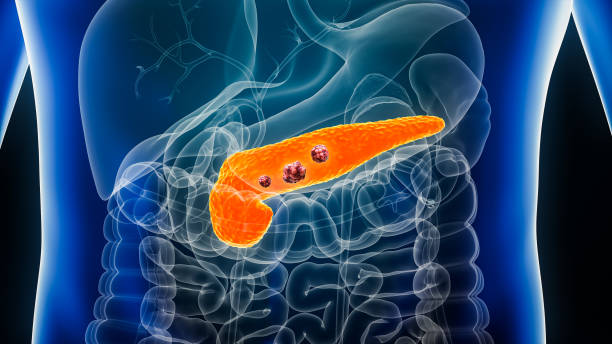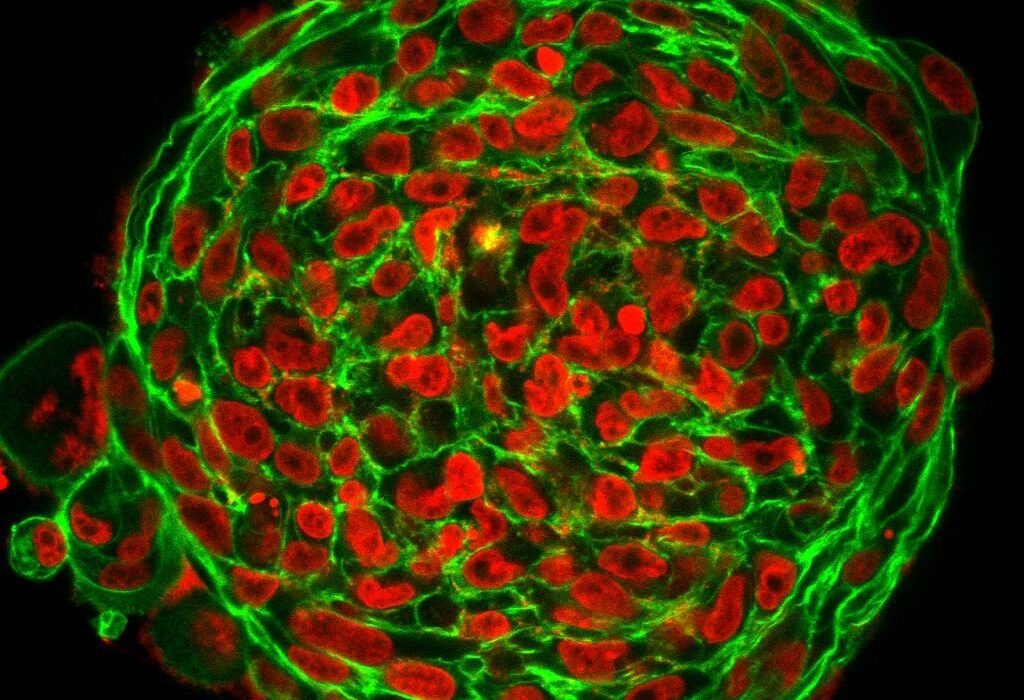Sexual health is often discussed in hushed tones, but it is a vibrant, essential part of human well-being. It’s more than just the absence of disease or dysfunction; it’s about vitality, connection, pleasure, and confidence. Healthy sexuality involves physical health, yes, but also emotional intimacy, psychological balance, respect, and communication. When nurtured, it enhances self-esteem, deepens relationships, and adds joy to life.
Yet despite how central it is, many people go through life never fully embracing their sexual selves. Myths, shame, silence, and societal taboos can complicate how we understand and experience sexuality. True sexual health requires more than avoiding infections or unplanned pregnancies—it calls for awareness, openness, and intentional care.
The Role of the Body in Sexual Fulfillment
Our bodies are the instruments through which we experience sexual pleasure, connection, and fulfillment. So it makes sense that physical health and sexual health are deeply intertwined. Hormonal balance, cardiovascular health, neurological function, and muscular strength all play key roles in sexual performance and satisfaction.
A strong, healthy heart, for example, ensures good blood flow—a crucial factor for arousal and orgasm. Hormones like estrogen, testosterone, and progesterone act as the body’s chemical conductors, orchestrating desire, arousal, and fertility. When these hormones are out of balance—due to age, stress, medications, or illness—sexual desire can wane.
Exercise, sleep, nutrition, and avoiding harmful substances such as tobacco and excessive alcohol all support a healthier sexual experience. Movement enhances circulation and boosts confidence, both of which can spark desire. Sleep restores hormonal balance and energy. Nourishing the body is also about avoiding processed junk and embracing whole foods that support vitality, like healthy fats, leafy greens, and antioxidant-rich fruits.
The Brain: Your Biggest Sex Organ
Although genitals get most of the attention in conversations about sex, the brain is where desire begins. Thoughts, fantasies, emotional connection, and memories—all are rooted in the mind. When the brain is relaxed and stimulated, sexual excitement can follow. When it’s overwhelmed, anxious, or distracted, desire can evaporate.
Stress is one of the most powerful libido-killers out there. It floods the body with cortisol and adrenaline, which are designed for survival, not seduction. In a stressed-out body, blood flow is directed away from reproductive organs, and libido often takes a nosedive. That’s why mental well-being is an essential part of sexual health.
Engaging the mind through fantasies, flirtation, anticipation, or even erotic literature can be a great way to reconnect with your sexual self. And for couples, talking openly about what arouses you, what you enjoy, and what you might want to explore deepens both understanding and arousal.
Intimacy: More Than Skin Deep
Intimacy isn’t just physical—it’s emotional, intellectual, and spiritual. True intimacy involves vulnerability, trust, and connection. It’s the feeling that you’re seen, accepted, and desired not just for your body, but for your whole being. That’s what gives sex its magic.
Maintaining intimacy in long-term relationships requires attention and care. The early days of infatuation may be fueled by novelty and hormones, but as time passes, sexual connection must be cultivated deliberately. It’s not about grand gestures—it’s about small, everyday acts of love, kindness, and presence.
Touch is a powerful form of non-verbal communication. Even non-sexual touch, like holding hands, hugging, or a gentle stroke on the back, fosters a sense of closeness and safety. This kind of physical connection lays the groundwork for deeper sexual intimacy.
Communication, too, is critical. Partners must feel safe discussing not only desires and fantasies, but also fears, boundaries, and insecurities. Open, judgment-free dialogue helps partners stay emotionally connected and sexually in sync.
Navigating Desire and Differences
Desire is fluid and ever-changing. It ebbs and flows, influenced by life circumstances, health, stress, and relationship dynamics. One of the biggest myths is that healthy sex lives are supposed to be spontaneous and constant. The reality is that desire often needs nurturing, and mismatched libidos are more common than people think.
Many couples struggle when one partner wants sex more often than the other. These differences don’t mean the relationship is doomed—they simply require understanding and compromise. It’s important not to take differences personally or interpret them as rejection. Often, the lower-desire partner isn’t uninterested in sex—they may simply need more time, less stress, or more emotional connection to feel in the mood.
Cultivating shared rituals for closeness—like cuddling before bed, spending quality time together without screens, or even scheduling sex—can help bridge the gap. While scheduling may seem unromantic, it signals that sex is a priority, not just an afterthought. And anticipation can add a thrill of its own.
Aging and Sexual Health: Changing, Not Ending
Sexuality doesn’t vanish with age—it evolves. As bodies change, so do needs and preferences. Women may experience vaginal dryness or reduced elasticity during and after menopause, while men may notice changes in erection strength or stamina. But these changes are not the end of sexual pleasure—they are simply a new chapter.
With honest communication, creativity, and sometimes medical support, older adults can enjoy rich, fulfilling sex lives well into their golden years. Lubricants, vaginal moisturizers, and hormone therapy can help address physical discomfort. Slower, more mindful lovemaking can deepen intimacy and increase pleasure. The wisdom and confidence that often come with age can also make sex more rewarding than ever.
Rather than mourning what was, embracing what is—and exploring new dimensions of connection—can lead to a more satisfying and resilient sexual bond.
Sexual Health Across the Spectrum of Identity
Sexual health is not one-size-fits-all. People of all sexual orientations and gender identities deserve access to affirming, inclusive care and resources. Unfortunately, many individuals in LGBTQ+ communities face discrimination, lack of understanding from providers, or internalized shame that impacts their sexual well-being.
To maintain sexual health, individuals must feel empowered to explore their identities, set boundaries, and advocate for respectful healthcare. Intimacy is enriched when people feel free to express themselves authentically and are seen and cherished for who they are.
For transgender and non-binary individuals, this may include navigating changes related to hormone therapy, surgery, or shifts in sexual desire. Affirming support, both medical and emotional, is critical. So is community—a sense of belonging and shared understanding can be a powerful antidote to shame and isolation.
The Role of Safe Sex and STI Prevention
While it may not be the sexiest topic, protection against sexually transmitted infections (STIs) is foundational to sexual health. Using condoms, dental dams, and regular STI testing doesn’t just prevent disease—it communicates care and respect for yourself and your partner.
There’s a myth that monogamous couples don’t need to think about STIs, but the reality is that everyone should get tested, especially when starting a new relationship. It’s not a matter of trust—it’s about responsibility. And for those in non-monogamous or polyamorous arrangements, clear communication, boundaries, and routine testing are essential.
Vaccines, like the HPV vaccine, can also protect against infections that may lead to cancer later in life. Sexual health isn’t just about pleasure in the moment—it’s about preserving health for the future.
Healing from Trauma and Reclaiming Intimacy
For many people, sexual intimacy is complicated by past trauma. Experiences of assault, abuse, or coercion can leave deep scars that make sex feel unsafe or disconnected. Healing from such trauma requires time, compassion, and often professional support.
Therapists who specialize in trauma and sex therapy can provide a safe space to process emotions, rebuild trust, and rediscover pleasure. Partners of survivors must be patient, supportive, and nonjudgmental. Healing is not linear, and there is no one “right” way to reclaim sexual joy.
What’s important is creating a foundation of safety and consent. Consent is not just a checkbox—it’s an ongoing, enthusiastic “yes” from everyone involved. It can be revoked at any time, and it must be freely given. In trauma-informed intimacy, communication and boundaries are sacred.
The Power of Curiosity and Exploration
Sexual health is not about perfection—it’s about curiosity, adaptability, and growth. Trying new things, whether it’s a different position, fantasy, location, or method of touch, can reinvigorate a stale routine and bring couples closer. Novelty lights up the brain and enhances arousal, but so does emotional novelty—seeing your partner in a new light, hearing about their dreams, or supporting them in a new challenge.
For some, this may include exploring toys, roleplay, or kink in a consensual, respectful way. For others, it’s about slowing down and savoring every moment. There is no universal path to pleasure. What matters is that the journey is mutual, respectful, and alive.
Sexuality is not something we outgrow. It’s a part of who we are—complex, ever-changing, and deeply human.
Technology, Pornography, and the Digital Age
Modern sexuality is increasingly shaped by technology. Dating apps, sexting, and online pornography are changing the way people connect and explore desire. These tools can enhance intimacy and accessibility—but they can also create unrealistic expectations and emotional distance.
Porn, for instance, can be a source of inspiration or education when used mindfully. But when it becomes a substitute for real intimacy, or when it portrays distorted images of consent or body ideals, it can undermine connection. Open conversations about how and why we use these digital tools are essential.
Partners should feel free to express preferences, share fantasies, and negotiate boundaries around tech use. Technology doesn’t have to be a barrier—it can be a bridge, when integrated with intention and care.
Fertility, Parenthood, and Changing Sexual Dynamics
The arrival of children can deeply transform a couple’s sex life. Exhaustion, shifting roles, and new responsibilities often push intimacy to the back burner. But parenthood doesn’t mean the end of sex—it simply calls for recalibration.
New parents may need to redefine what intimacy looks like. Quick kisses, affectionate texts, or just being present can maintain emotional closeness when full-on sex feels out of reach. As children grow, carving out private time becomes essential. Communicating needs openly and asking for help—from each other or extended family—can keep desire alive amid diapers and chaos.
Sex after childbirth may also involve physical changes, especially for the birthing parent. Healing, body image, and hormonal shifts can all influence libido. Compassion, patience, and flexibility go a long way in keeping intimacy alive during this transformative time.
When to Seek Help
There’s no shame in asking for help when sexual issues arise. Whether it’s persistent pain, low desire, erectile dysfunction, or emotional disconnection, professionals like sex therapists, urologists, gynecologists, or couples counselors can offer guidance and support.
Too many people suffer in silence, believing that their struggles are rare or a sign of failure. But sexual difficulties are common—and treatable. Reaching out is not a sign of weakness; it’s a brave step toward deeper connection and joy.
Conclusion: A Lifelong Journey of Connection
Maintaining sexual health and intimacy is not a one-time achievement. It’s a lifelong journey—an ongoing dance between the body, mind, and heart. It evolves with age, deepens with trust, and thrives in the light of open communication.
At its best, sex is not just about pleasure—it’s about presence. It’s about being fully in the moment, with yourself or another, embracing the vulnerability, the joy, and the mystery of connection. In a world full of distractions and noise, that kind of intimacy is sacred.
So whether you’re rediscovering your own desires, nurturing a long-term relationship, or healing from past wounds, remember: sexual health is your birthright. And you are worthy of love, pleasure, and joy at every stage of life.






